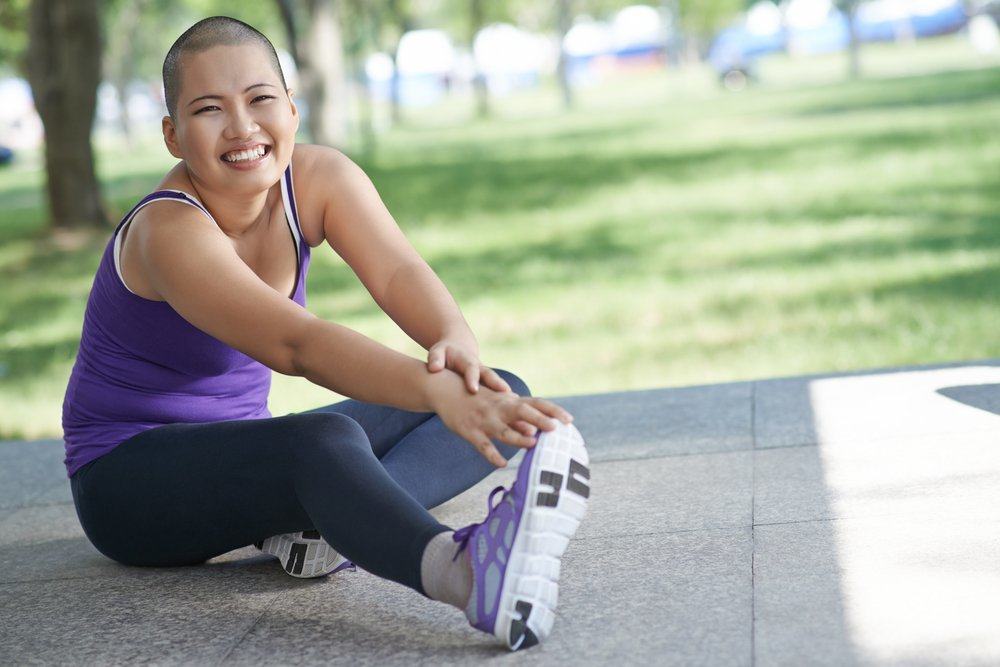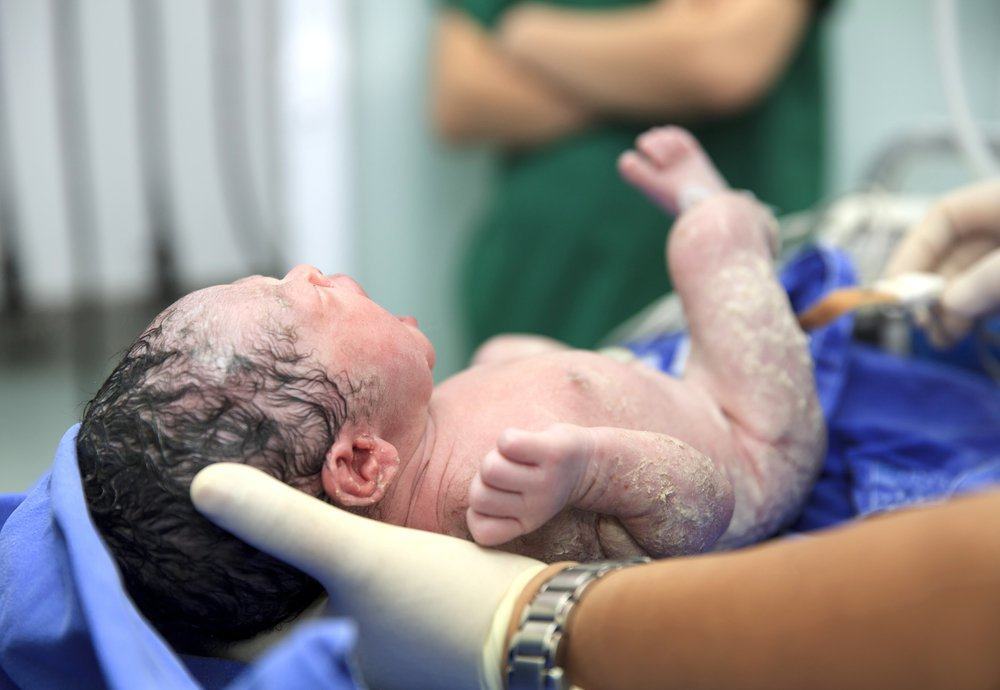Contents:
- Medical Video: Chemotherapy Cancer Treatments & Side Effects : Long-Term Side Effects From Chemotherapy
- How does chemotherapy affect changes in body weight?
- Why do you gain weight during chemotherapy?
- What are the signs of gaining weight after chemotherapy?
- Tips for controlling weight gain during chemotherapy
- Tips for overcoming fluid retention:
- Medications or recommendations that your doctor may prescribe to control weight gain
- When to go to the doctor about weight gain during chemo?
- Why do you lose weight during chemotherapy?
- What are the signs of weight loss after chemotherapy?
- Tips for controlling weight loss during chemotherapy
- Medications or recommendations that your doctor may prescribe to control weight loss
- When should I see a doctor about chemo weight loss?
Medical Video: Chemotherapy Cancer Treatments & Side Effects : Long-Term Side Effects From Chemotherapy
Most common cancer sufferers experience changes in body weight, loss of muscle mass, and extreme fatigue.
By knowing how cancer treatment therapies work to affect weight loss, you can anticipate and overcome all the possibilities to be able to do your daily activities as usual more comfortably. Youcan also increase the body's strength and endurance to complete the treatment sequence until the last session.
Here is information that you should know about the fluctuations in body weight during chemotherapy.
How does chemotherapy affect changes in body weight?
Chemotherapy can cause weight gain or weight loss, both directly and indirectly. A little change (a few pounds) on your weight, after chemotherapy, whether up or down, is not so dangerous. However, weight gain or weight loss extreme chemotherapy can affect the health and / or ability of the body in drug tolerance.
Why do you gain weight during chemotherapy?
Most people can experience weight gain during chemo. Some chemotherapy can cause weight gain in various ways, such as:
- Poor physical activity. Cancer sufferers tend to exercise less during chemotherapy.
- More food portions. Some drugs increase appetite as a side effect.
- Fluid retention (swelling or edema). Some chemotherapy weight gain is triggered by a buildup of fluid in the body.
- Increased fat tissue. Some chemotherapy regimens can contain steroids. Steroids can cause the appearance of fat deposits, often between the shoulder blades. Some people also experience a round face or face chubby. These side effects are thought to occur most often with long-term steroid use and will disappear once the steroid is stopped.
What are the signs of gaining weight after chemotherapy?
- Often you realize about gaining weight just because you feel like heavier than usual or because your clothes don't fit.
- Try to record what you eat and how much you exercise. What if this compares to your daily habits before chemo?
- Look at your feet, also your ankles and hands. Is it swollen? When you press the skin with your fingers, does the curve of the curve persist for a few seconds? If so, you may experience fluid retention.
Tips for controlling weight gain during chemotherapy
- Try to maintain your normal weight, if you are not overweight. If you notice weight gain after chemo, try replacing your food with nutritious and low-calorie foods such as fruits, vegetables, low-fat cheese, etc.
- Avoid high-calorie sweet foods such as sugar, honey, and sweets.
- Try to exercise according to your body's tolerance to maintain the optimal level of your function. Discuss with your doctor how you can design a special exercise routine to meet your needs. Be sure to exercise under the supervision of a doctor. Walking, swimming, or simple aerobic exercise can be useful to lose weight during chemo, and increase the flow of oxygen in the lungs and blood.
- Join active activities that divert your mind from food.
- No need to weigh yourself every day unless you experience urinary retention.
Tips for overcoming fluid retention:
- Raise your feet as often as possible
- Don't stand for long
- Avoid tight clothing (shoes, belts, etc.)
- Don't cross your legs
- Reduce salt in your diet. Avoid foods such as broth, potato chips, tomato juice, bacon, ham, canned soup, soy sauce, and table salt.
- If the swelling is severe, consider wearing Jobst stockings or TED socks
- Weigh yourself every day
Don't try the commercial diet without discussing it with your doctor. Some of these diets can pose a risk to your health.
Medications or recommendations that your doctor may prescribe to control weight gain
- If you experience weight gain due to an increase in appetite, your doctor can recommend a diet program designed for your situation.
- If you experience fluid retention, your doctor can prescribe diuretics. Diuretics, also called "water pills", work by making the body throw away more fluid. Some of these drugs can include furosemide (Lasix®), and hydrochlorothiazide. You can receive this drug independently or in combination with other drugs.
When to go to the doctor about weight gain during chemo?
Contact a doctor or other health care providerimmediately if:
- You experience shortness of breath
Contact a doctor or other health care provider in 24 hours if:
- You have experienced an increase of 2 kg or more in one week
- You experience sudden and severe urinary retention
- The soles of your feet or your hands feel cold to the touch
Why do you lose weight during chemotherapy?
Weight loss is most often associated with dietary patterns that limit food intake. However, weight loss after chemotherapy is related to chemo side effects which can sometimes damage your ability to eat or drink and affect your ability to maintain a healthy body weight. Weight loss chemotherapy can occur as a result of:
- bad appetite
- eat less
- diarrhea
- gag
- nausea
- dehydration
What are the signs of weight loss after chemotherapy?
If you experience side effects or feel that you are losing weight, you must weigh. If you experience a decrease of 2 kg or more in one week, you should tell your doctor about your weight loss.
Tips for controlling weight loss during chemotherapy
- Try to maintain your normal weight.
- Efforts to control your weight loss are based on the treatment of the underlying causes, such as overcoming bad appetite, diarrhea, nausea and vomiting, or overcoming dehydration.
- There are recommendations for increasing calories and / or protein in your diet.
Medications or recommendations that your doctor may prescribe to control weight loss
- Your doctor can prescribe the right diet for your needs.
When should I see a doctor about chemo weight loss?
Look for emergency help and call a doctor immediately if you experience:
- very fast or irregular heartbeat
- dazed
- blue lips
- breathing very fast
- extraordinary drowsiness accompanied by difficulty getting up
Call the doctor in 24 hours if you experience:
- weight loss of 2 kg or more in one week
- signs of dehydration
- dizzy
- dark urine (concentrated)
- dry mouth and skin
- any side effects that are not treated with prescribed recommendations
It is highly recommended that you tell your doctor about your specific health and treatment conditions. The information contained on this website regarding chemo weight loss and other medical conditions is intended to assist in educational purposes but is not a substitute for medical advice.












